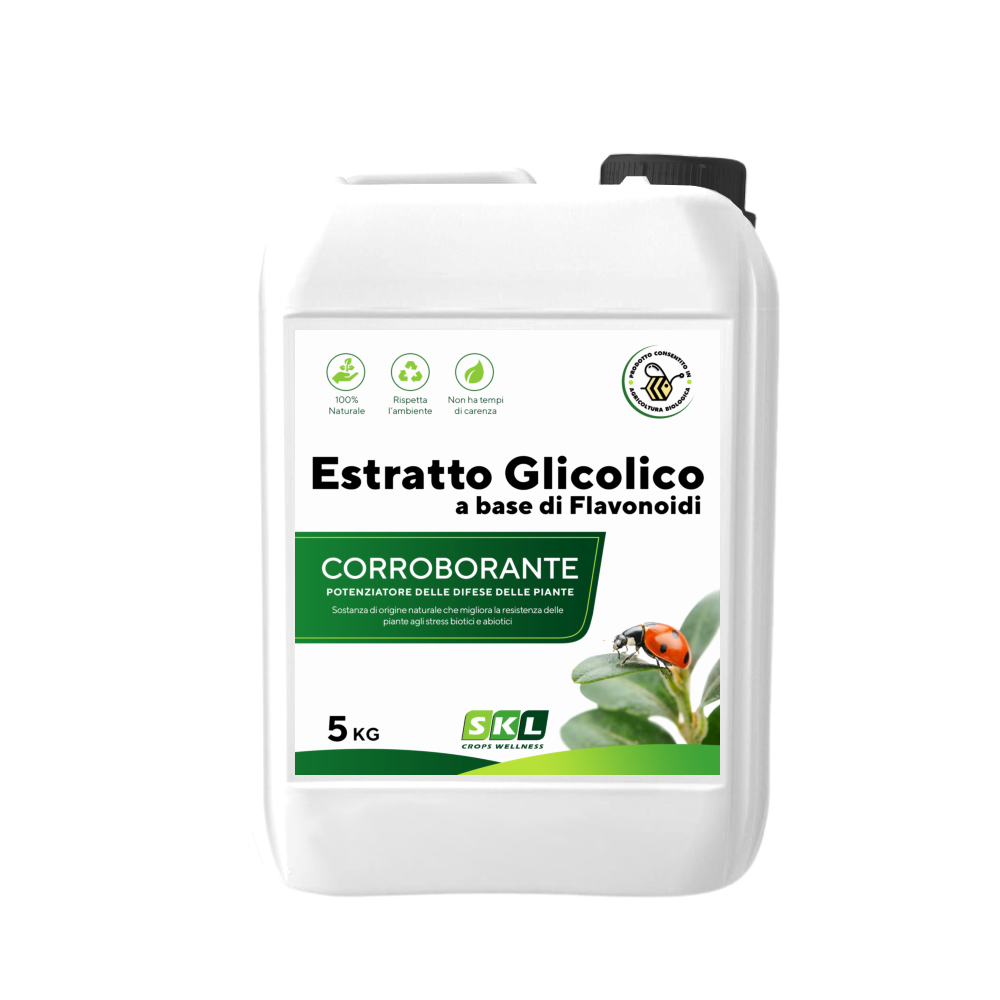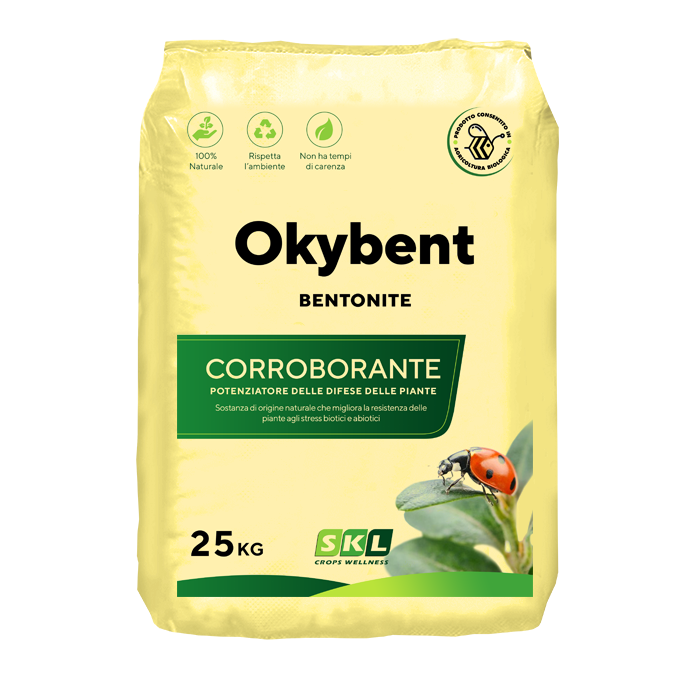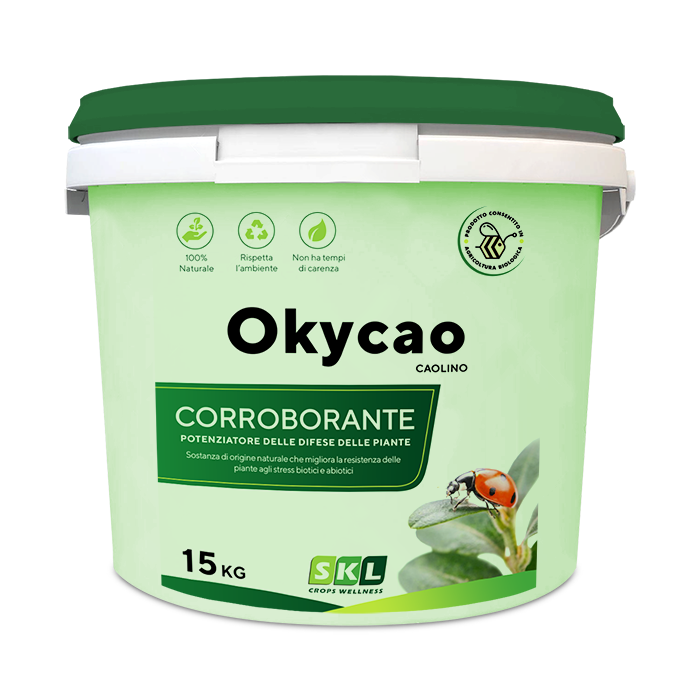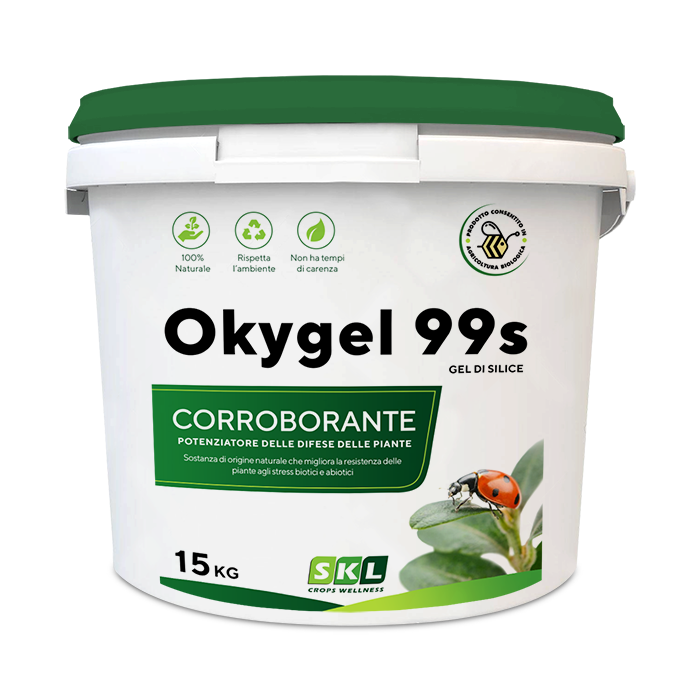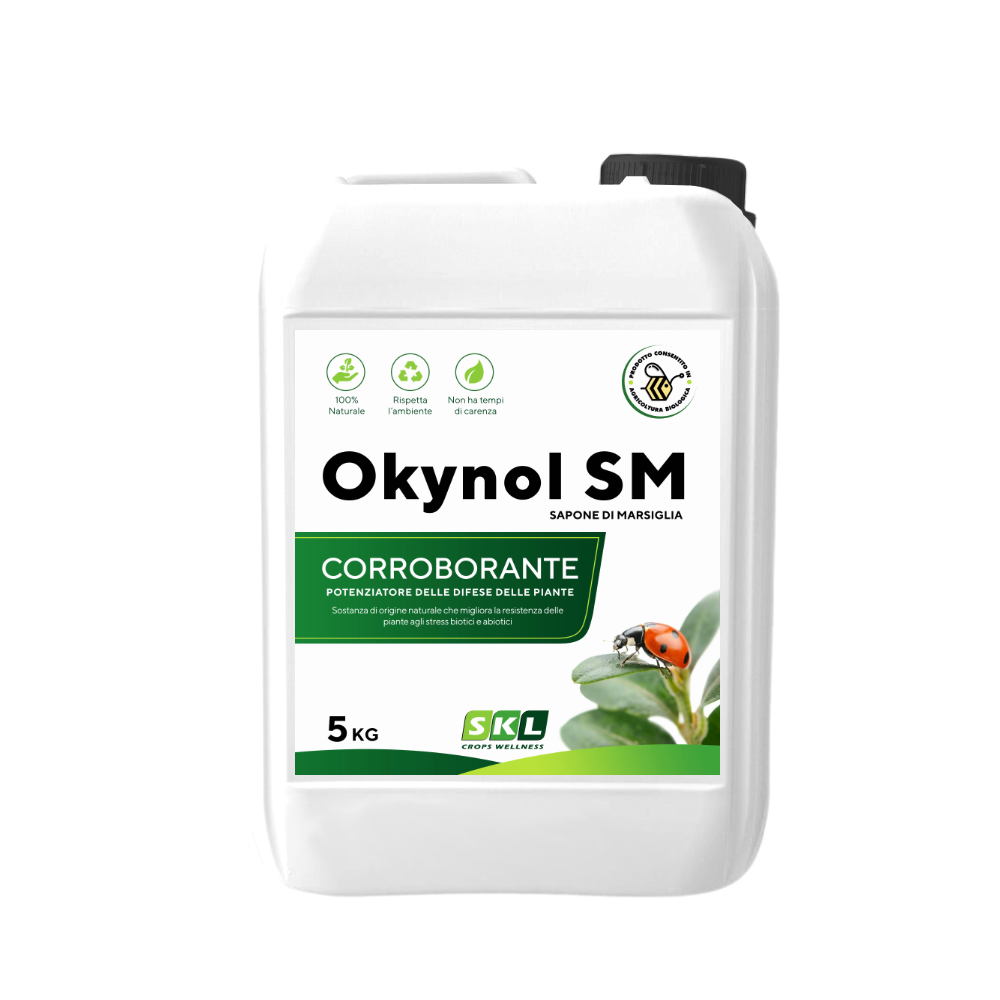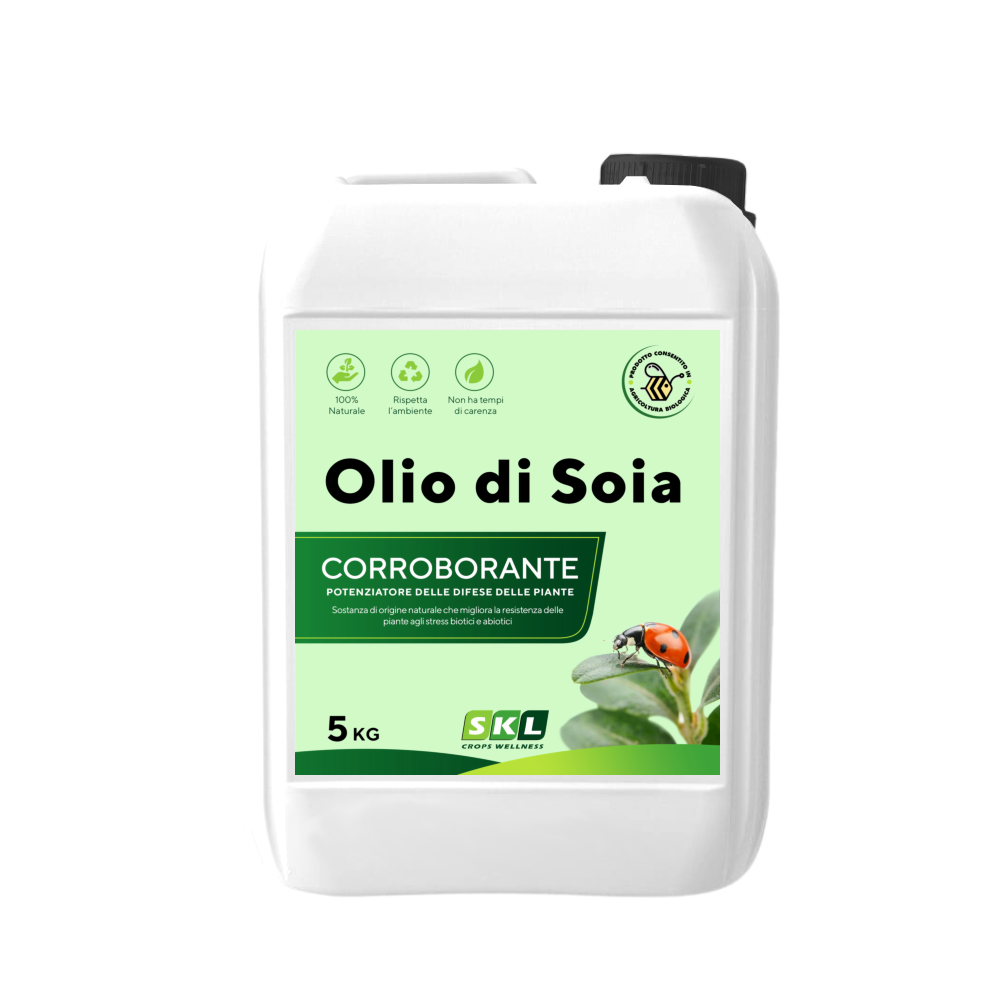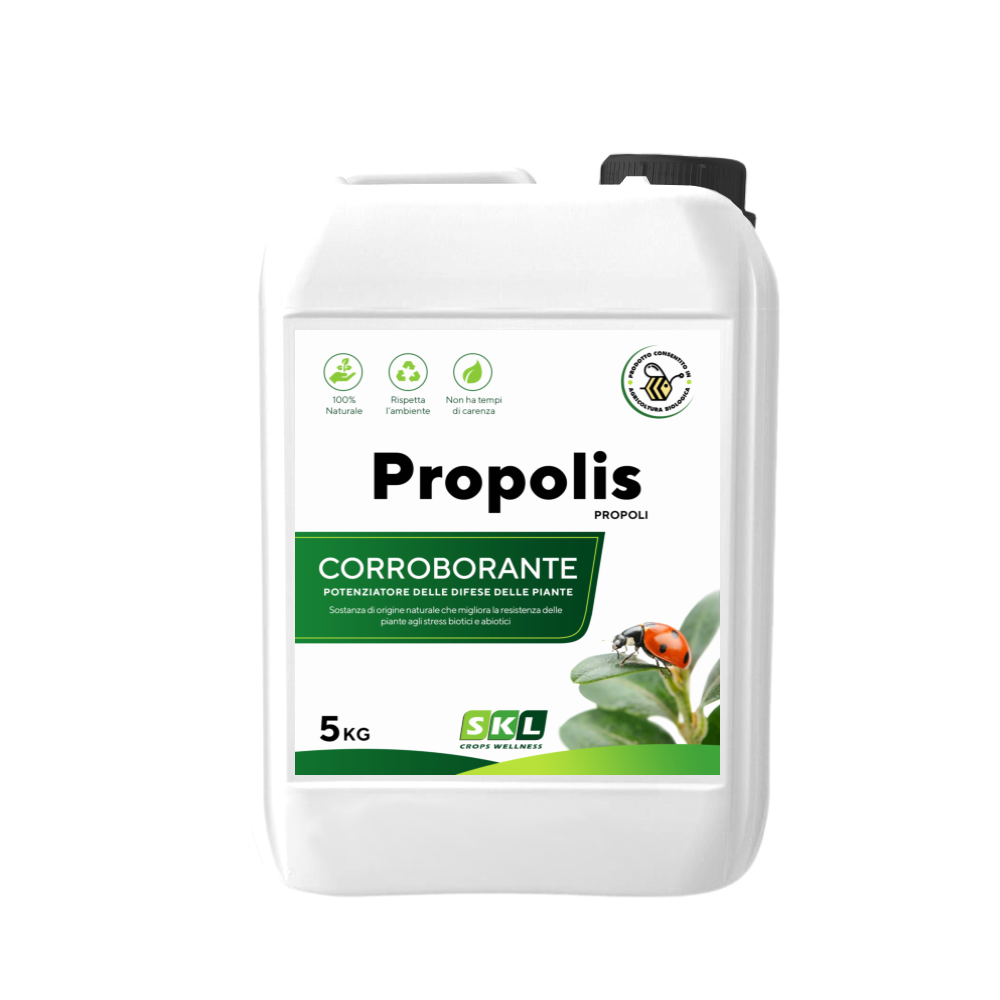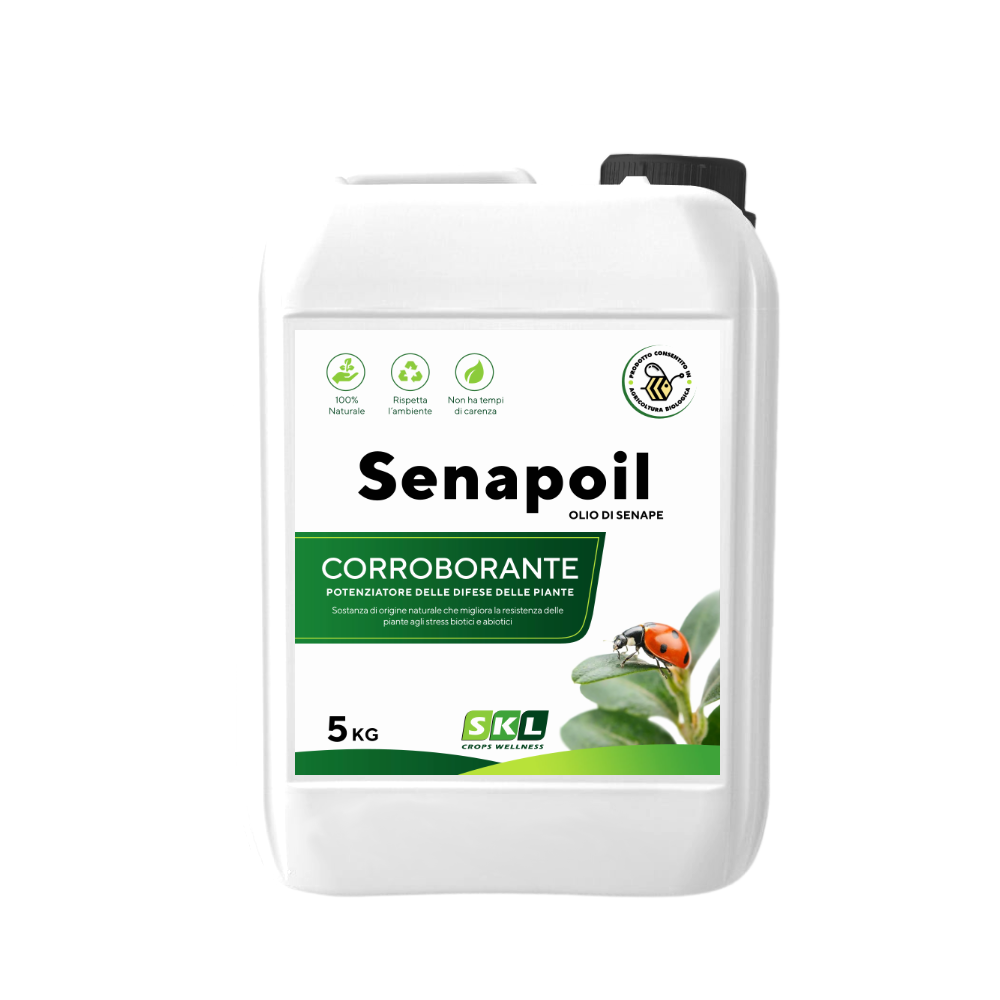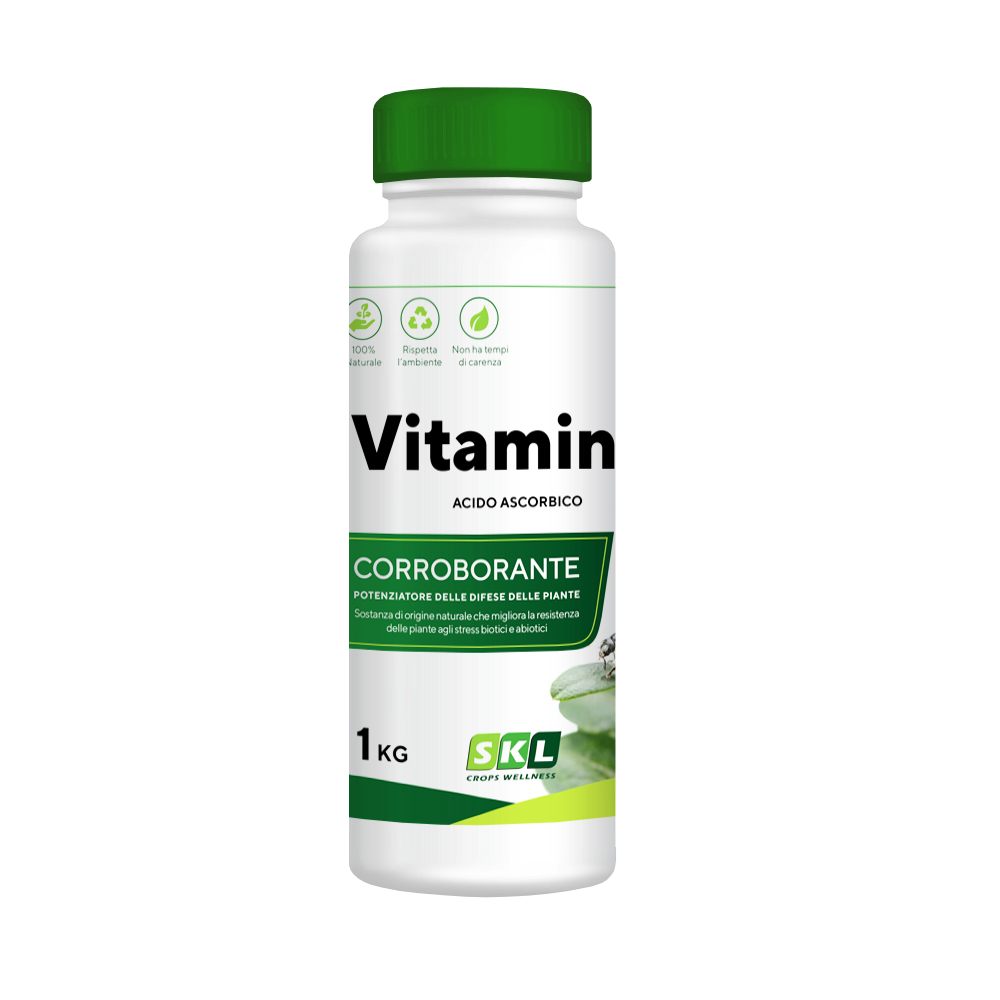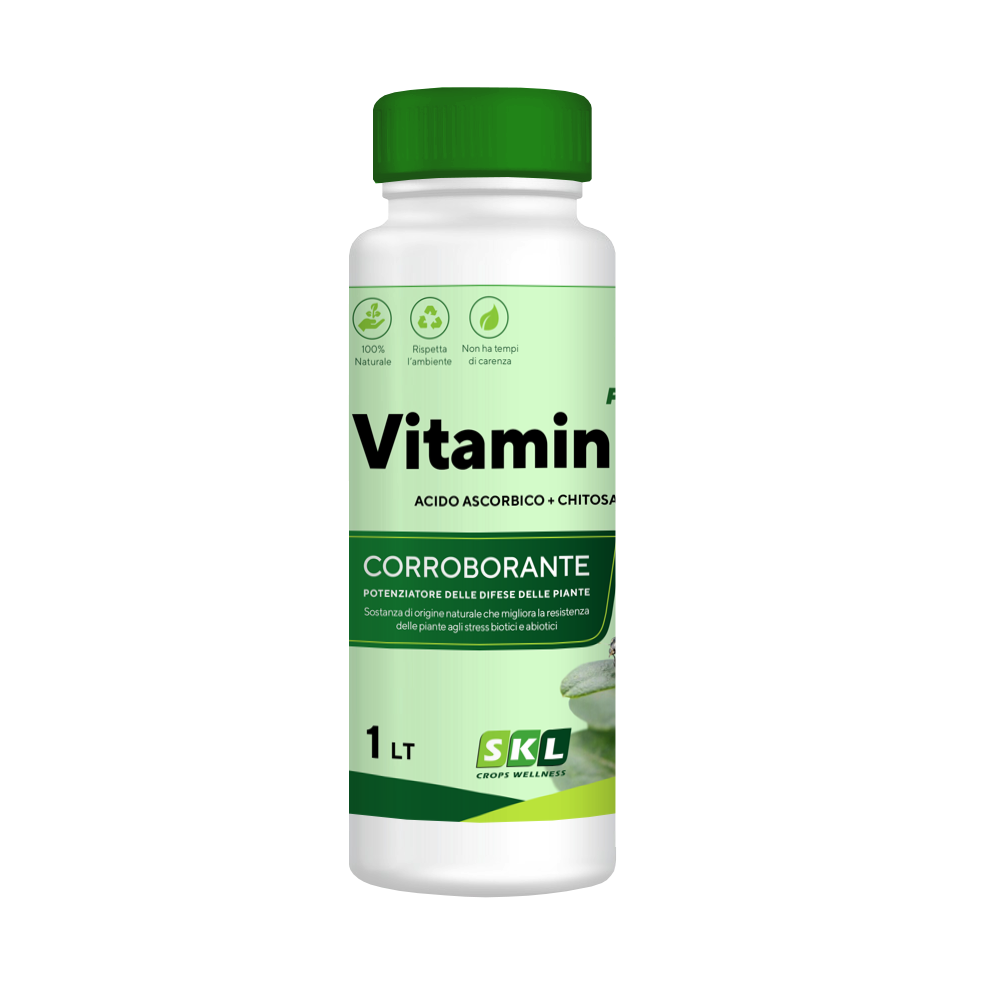Description
What is Chestnut Tannin?
Tannisol L is entirely composed of Chestnut Tannin, a natural substance capable of activating the plant's natural defenses.
Chestnut Tannin is an aqueous extract obtained from chestnut wood (Castanea sativa), characterized by a high content of glucosidic tannins, which include both gallic and ellagic tannins. The predominant structure is represented by pentagalloyl-glucose in its variants. The product can be in liquid, solid, or granular form.
What is Chestnut Tannin used for?
Chestnut Tannin is a polyphenolic molecule whose properties stimulate the growth and development of the plant's root system, as well as the beneficial microflora of the soil, limiting the proliferation of pathogens. Thanks to its acidic pH, it creates an inhospitable environment for Nematodes.
It has a fortifying action on plants and induces non-specific defenses by enhancing their metabolism and self-defense mechanisms. When used preventively, the product induces the production of substances capable of combating stress of various origins, without altering the plant's development and life cycle.
Tannisol L is also an effective repellent against parasites, as it reduces the digestibility of food or makes it repellent by acting on taste (astringency) and tissue hardness.
Tannisol L is a powerful antibiotic capable of defending plants against numerous fungal pathogens by inhibiting the production of hydrolytic enzymes (cellulases, pectinases, xylanases) necessary for pathogens to penetrate plant tissues.
Main functions:
- Acidifying action on soil pH;
- Increase in fruit production and quality;
- Improvement of root development;
- Greater assimilation of micronutrients;
- Contributes to reducing damage caused by root system parasites.
Dosage
The Chestnut Tannin can be used on horticultural, floricultural and fruit crops in Integrated and Organic Agriculture through fertigation.
Application: Distribute the product in the last phase of the irrigation cycle to avoid leaching losses.
| Crops | Foliar (Kg/ha) | Fertigation (Kg/ha) | Applications |
| On all crops | 3 - 5 Kg/ha | 15 - 20 Kg/ha | from 2 to 4 applications every 10 - 20 days |


